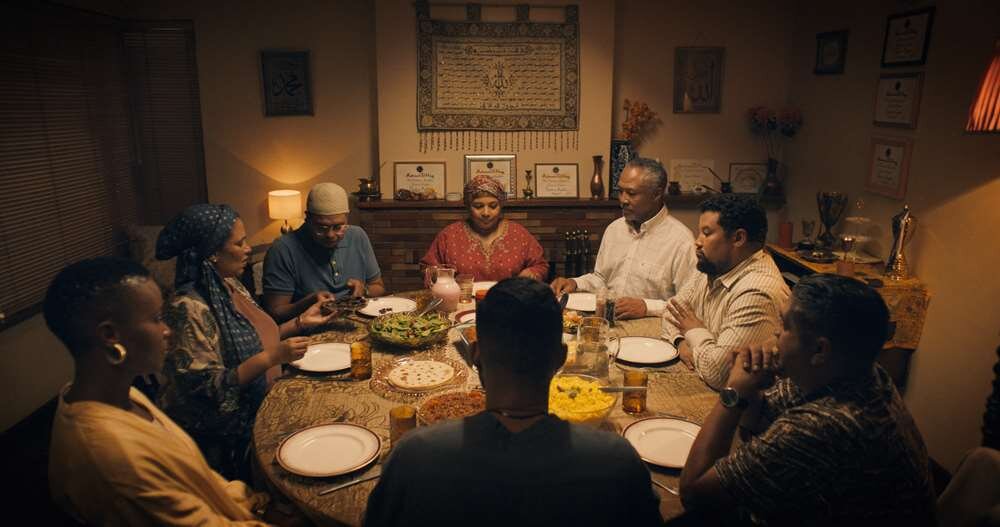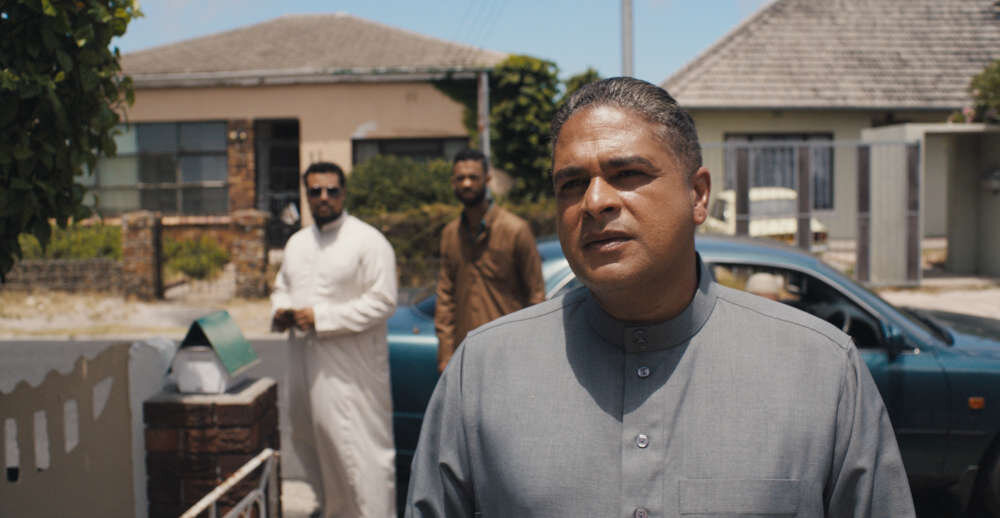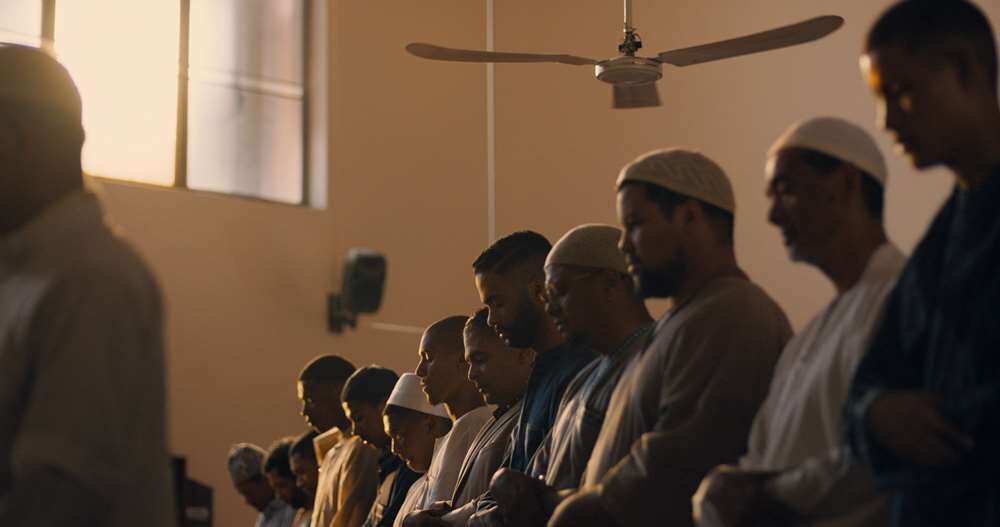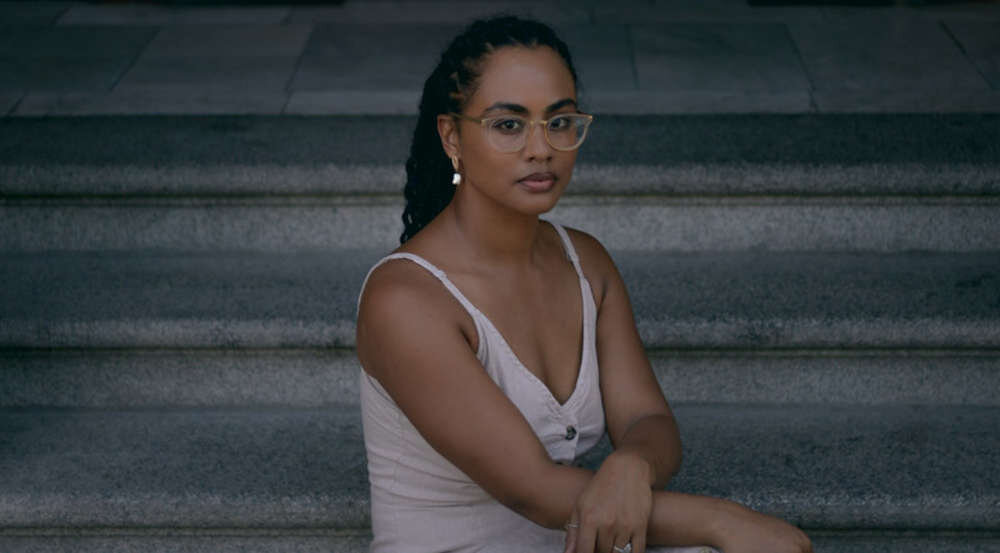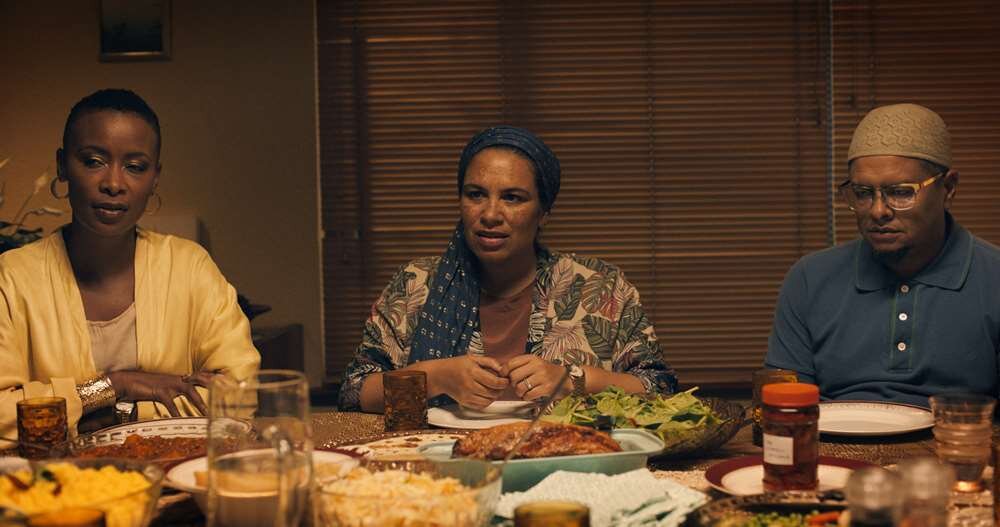Amy Jephta tells us about Barakat, which closes this year’s Film Africa
“Personal, intimate and small”. This is the way Amy Jephta describes the landscape of her film Barakat. Set in Cape Town, with a focus on a Muslim Cape Malay family, Jephta’s vision is both minute and expansive at once. It’s the kind of film that makes you fall in love with the characters but leaves enough space to think through race, heritage and the social understandings we inherit from those that come before us.
Barakat is a triumph of a film for the South African writer, producer and director. Despite major success with her previous films While You Weren’t Looking and Ellen: The Ellen Pakkies Story, plus a string of commercial projects, this time Jephta tapped into her most familiar places, spaces and people to tell the story. Barakat, which means blessings in Arabic, tracks the journey of two generations. In the first, a widowed mother of three tries to reimagine her future through a new found love. In the second, four brothers, living in the memory and shadow of their late father, must find ways to stay close to home while also trying to carve out their own unique destinies. Packed with rich, Cape-flavoured Afrikaans and local slang, the film tackles tough existential questions without being self-conscious or trying to teach a lesson. After all, the thinking behind the film is derived from Jephta’s home.
“My own family was a huge source of inspiration. Our family history, our photographs, all of it was shared with me and acted as an archive for this film,” she says. “I wasn’t trying to make something didactic because for me the politics of the moment comes through in the living politics. Sometimes as storytellers we feel this pressure to speak into the monolith but for me it was about a personal, intimate and small audience who could resonate.”
It’s an interesting perspective, considering the international scale of Jephta’s work. An alumni of the Lincoln Centre Theatre Director’s Lab in New York, Jephta’s previous offerings have found homes at film festivals in Amsterdam, Edinburgh, Rotterdam and Seattle. Her film Emma was South Africa’s official Best Foreign Language Film entry for the 2018 Golden Globes. And now Barakat has been selected as the closing film for Film Africa 2020 in London.
By her own admission, part of the struggle has been to move out from Western constructs around what good storytelling and filmmaking looks, sounds and feels like. And yet, there is no sense in Barakat of trying to cater to an international audience. Rather, by focusing on the specific and the most familiar, Barakat is able to tell a quintessentially South African story which still carries resonance because of its universal themes like sibling rivalry, gender biases and the spectre of parental expectations. Brothers are jealous of each other; sons don’t want their mother to remarry after their father’s death, a mother must move outside of her role purely as a mother, and a husband and wife learn that the heart of marriage is much more than being an example to the community.
That said, because of the film’s location in Cape Town’s Athlone neighbourhood, the singularity of this particular experience was always going to come through. A former apartheid-designated area for coloured communities, Athlone has a strong Muslim demographic, creolised by the myriad black, brown and settler colonialist inhabitants who have shaped it over time. Despite this history being placed firmly in (more progressive) history books, this community gets very little airtime, locally and otherwise. And in many respects, Jephta’s offering is a subtle exercise in representation and resonance. “When I was making the film, I was not thinking about international audiences or any kind of foreign gaze. I needed it to resonate here at home. I needed for people from Athlone to feel like it feels like their real lives.”
“When I was making the film, I was not thinking about the foreign gaze. I needed it to resonate here at home”
It’s a sentiment that pushed strongly through the making of the film. Each character is allowed their own individual lifeworld, even within the ‘big story’ and Jephta says allowing the actors to own their story (as members of the community itself) made the film more authentic. Barakat draws on heavyweights of South African screen stage including comedian Joey Rasdien, Danny Ross, soapie legend Vinette Ebrahim, Mortimer Williams and Qanita Adams.
Speaking to a local Afrikaans network, Rasdien described the experience of working on Barakat: “When I first read the script, I felt very proud. It wasn’t usually what I am offered and it really made me feel proud of who I am, my community and the chance to tell our own story.” Adams remarked similarly that the script felt relatable, because the language felt like her own and she could recognise the people in the film as people she encountered in everyday life.
There is no doubt that Barakat is a triumph in storytelling. Juggling the complex socio-political dynamics of South Africa, it is also deft at opening up the intimate, existential worlds of the characters. Jephta’s insistence on a tightly-wound story kept it from spinning out into another political statement veiled as film, and allows the viewer to engage at the level which is most rewarding for it. At points, it feels hopeless but ultimately does not lead the viewer to any conclusions, nor does it point to any heroes or villains. In this way, it breaks from a standard film which resolves neatly - and in so doing, allows it to be a living, breathing film which will feel and look and resonate differently with each view.
Ultimately, this is Jephta’s aim with all of her works. “I don’t know if I make things to change the world. For me it’s about a moment of honesty and reflection. To have someone sit there a little bit longer and think about context, your place in family, society. That moment of personal reflection is all I could ever hope for.”
Barakat is showing at this year’s Film Africa on the BFI Player. Enjoy the online watch party and live director’s Q&A on 8 November 2020. Find more information here
Words Binwe Adebayo
Visit Film Africa
Published on 07/04/2020


